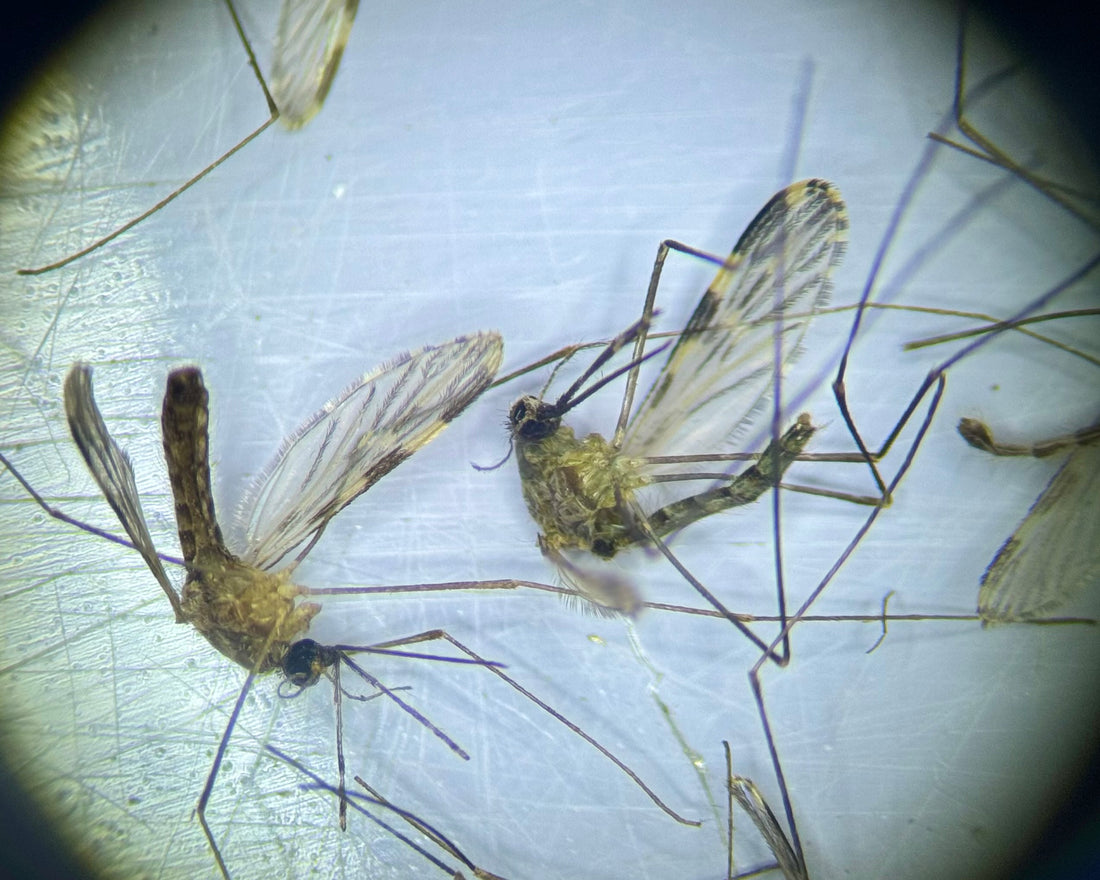What are the dangers of West Nile Virus?
West Nile Virus can lead to severe symptoms in some individuals, including fever, headache, body aches, joint pains, vomiting, diarrhea, and rash. In rare cases, it can cause neurological diseases such as encephalitis or meningitis, which can be life-threatening.
How can you prevent West Nile Virus?
Preventing West Nile Virus involves taking measures to reduce exposure to mosquitoes. This includes using insect repellent, wearing long sleeves and pants when outdoors, and eliminating standing water around your home where mosquitoes can breed. Additionally, installing screens on windows and doors can help keep mosquitoes out of your living spaces.
What percentage of people infected with West Nile Virus develop severe symptoms?
Approximately 20% of people infected with West Nile Virus will develop symptoms such as fever, headache, body aches, joint pains, vomiting, diarrhea, and rash. Less than 1% of infected individuals will develop severe neurological diseases.
What are the key facts to know about West Nile Virus?
West Nile Virus was first identified in the United States in 1999 and has since spread to all 48 contiguous states. Mosquitoes become infected with the virus by feeding on infected birds and can then transmit it to humans through their bites.
By taking proactive measures to prevent mosquito bites and reduce mosquito populations around your home, you can help protect yourself and your family from the dangers of West Nile Virus. Stay informed, stay safe!

